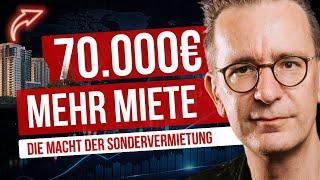| Fast forward into the future, when building in space is normal, from huge satellites and spacecraft in orbit, to entire cities on the Moon and Mars. Could robots guided by AI make it happen? Video supported by @mishcon_de_reya 00:00 - Future of building in space 00:43 - Machina Labs 02:15 - Could we 3D print in space? 02:44 - Infrastructure on the Moon 03:25 - AI & robotics on Mars 04:41 - History of AI in space 05:41 - Challenges to space technology Sign up to The Economist’s daily newsletters: https://subscribenow.economist.com/ Explore our coverage of artificial intelligence: https://www.economist.com/topics/artificial-intelligence Listen to our podcast about AI in science: https://econ.st/3XHrYok A short history of AI: https://econ.st/3zg1j8O How AI can revolutionise science: https://econ.st/3ToRjRm Billionaire space travel heads for a new frontier: https://econ.st/4d06Z4F |
Tags: Featured,newsletter
































20 pings
Skip to comment form ↓